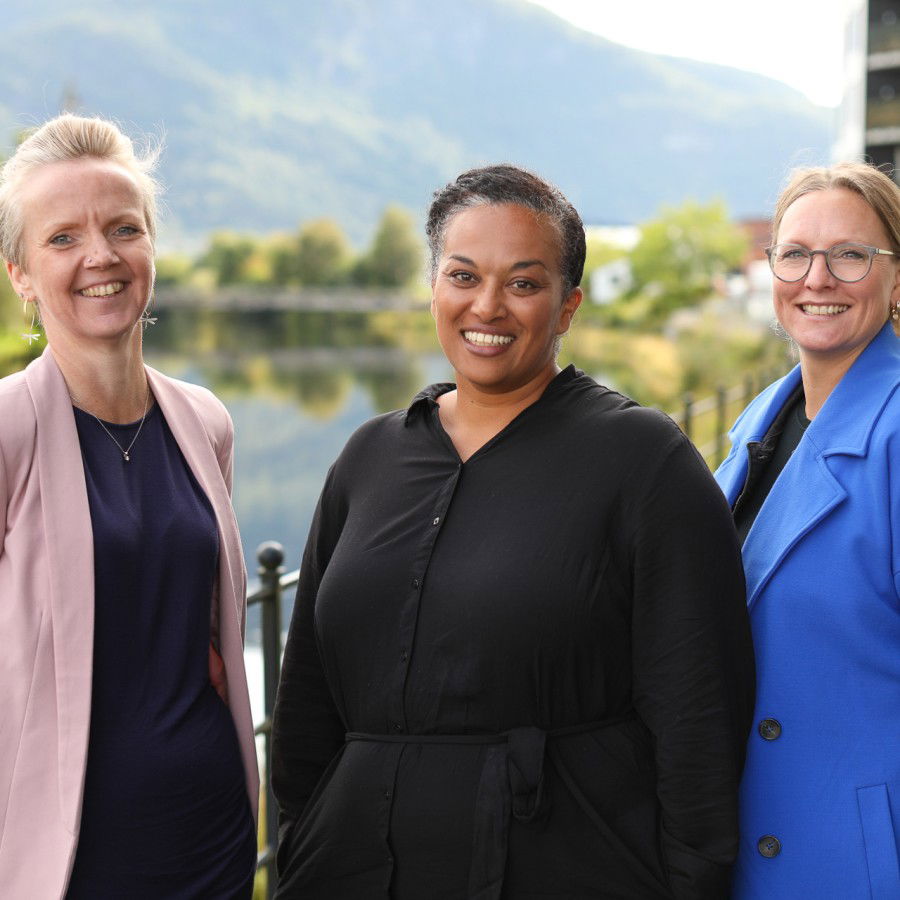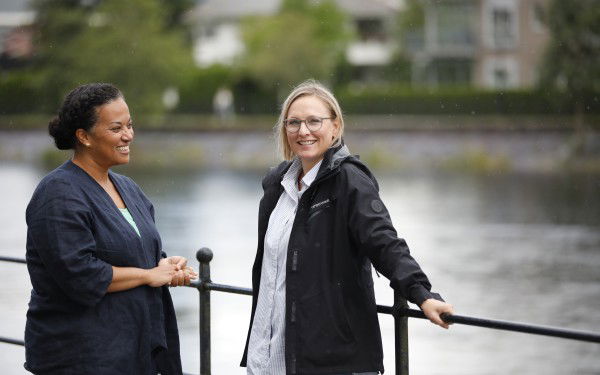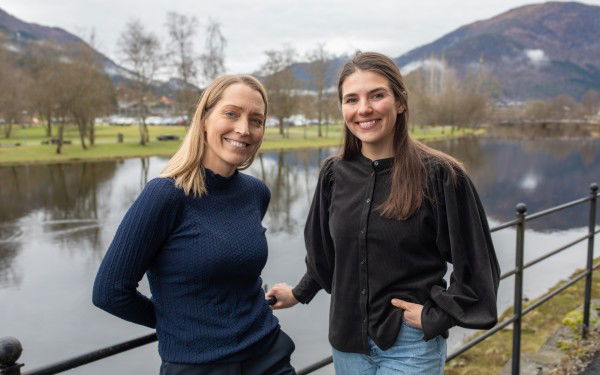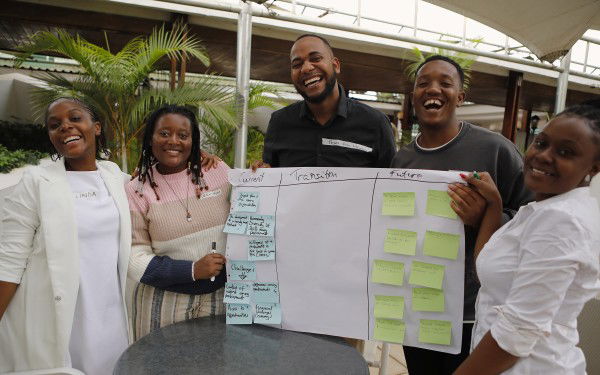Unprecedented Interest in Norec Grant
30. August 2023
Norec is facing high demand from organisations, businesses and institutions seeking funding for international projects. This is making the selection process challenging.
Norec has two application deadlines each year for seeking support for Feasibility Studies. The first is in February, and the second is in mid-August. This year, Norec received a total of 85 applications for new projects – 44 in February, and 41 in August. This is the highest number of applications ever received.
“We are really happy about this. The strong interest indicates that businesses, organisations, and institutions want to improve their cross-cultural skills,” says Margunn Indrebø Alshaikh, Director of Programmes at Norec.
“We are also seeing more applications each year, showing that many value Norec’s work,” she adds.
Two-step Application Process
Norec is an agency under the Ministry of Foreign Affairs with three main goals:
• Serve as competence center for exchange cooperations
• Administer grants to strengthen global partnerships that contribute to sustainable development
• Provide young people with international work experience and competence in sustainable development.
The application process has two stages:
In the first stage, you can apply for funds to conduct a Feasibility Study. This is where you develop your ideas for the expertise you want to build in the partnership.
If you get support for the Feasibility Study, you can apply for support for a Collaboration Agreement. This agreement is more detailed. The feasibility study needs approval before partners can apply for a collaboration agreement.
Diversity in Applications
At the deadline after the summer break, Norec received applications from 24 civil society organisations, 9 from the public sector, and 8 from businesses. Applications came from different countries, representing various regions and continents. The applications were diverse.
Choosing which applications should get support is a tough job. Even though there are more applicants, Norec has not received more money in the national budget. The prioritising will be challenging.
“This has a good side. The quality of each project improves as we set stricter criteria. But we must also regretfully decline many exciting projects deserving support,” says Alshaikh.
Criterias for Selection
Selecting the best applicants is demanding. Norec must follow political priorities and ensure a diverse portfolio.
“We assess applications based on criteria in the announcement. We also look at the type of partners and projects, their ideas, and their strategic importance for learning and competence development,” she explains.
Norec encourages projects not chosen this time to reapply.
The Road Ahead
All applications have received initial feedback. Norec will continue processing them until mid-October, when they’ll provide final answers. Then, the list of future agreements will align with the budget for 2024.
“At Norec, we believe knowledge and competence are everywhere. To solve global problems, we need global perspectives. Through our support programs, businesses, organizations, and individuals can develop themselves, including through diverse leadership, increased competence, integration, and innovation.
“We’re delighted to have record-high application numbers and can select from the best projects,” she concludes.




